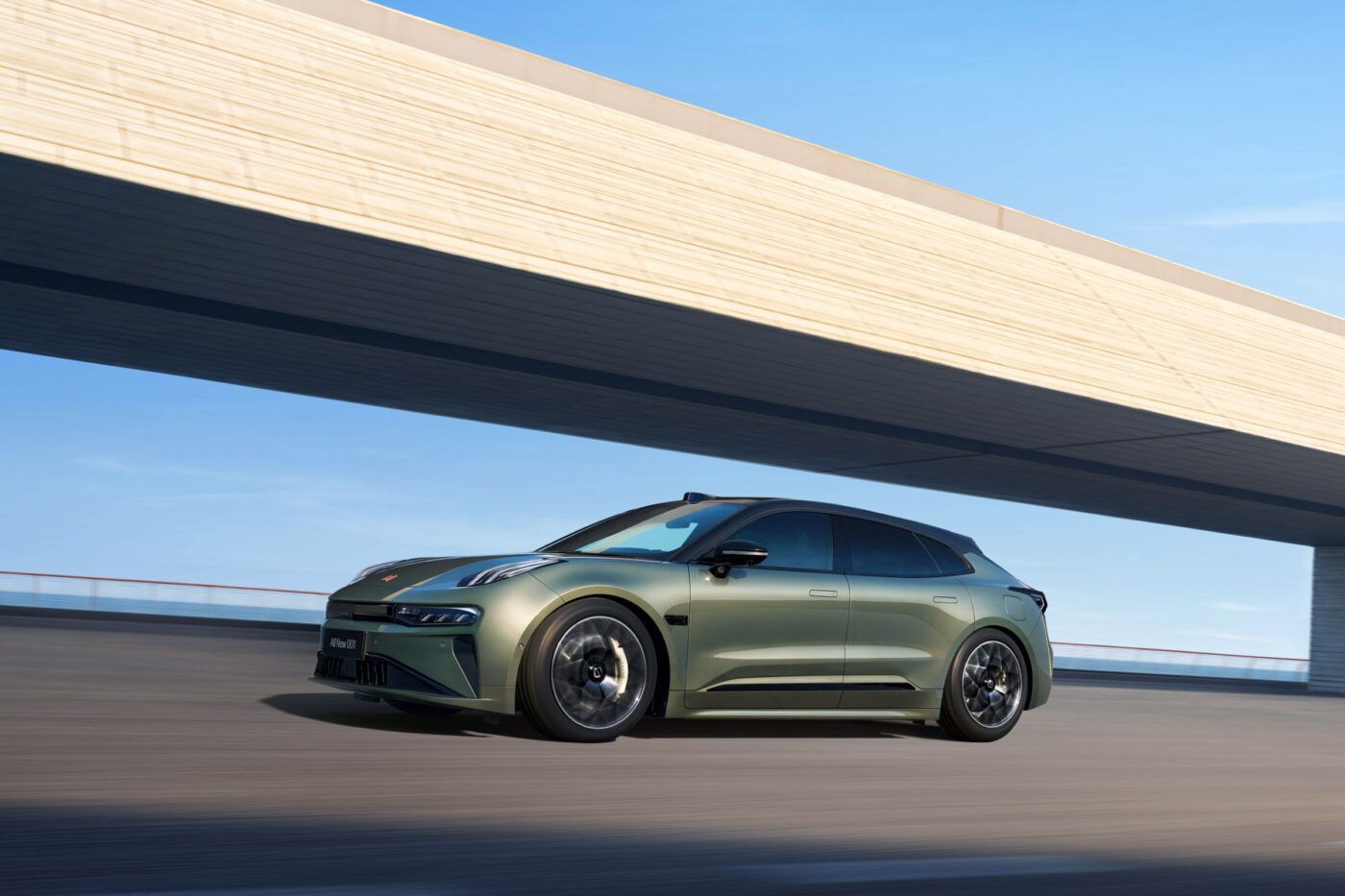NEV sales in China decline in February
Compared to the same month last year, sales of new energy vehicles fell by 9.2 per cent; compared to January 2024, the decline came to 34.6 per cent. In January, 729,000 new NEVs were sold, which corresponded to a decline of 39% after the strong December 2023. It was to be expected that the drop in February would be even greater due to the multi-day celebrations surrounding the Chinese New Year. The last time monthly sales figures in China were below those 477,000 NEVs was at the start of 2023, when only 408,000 units were sold in January.
As the Chinese New Year fell in January last year, January was the month most affected by the traditional reluctance to buy. February 2023 then marked the beginning of an almost continuous increase, which culminated in two record months in November and December, each with NEV sales over seven figures.
Important: The figures on sales of new energy vehicles published by the China Association of Automobile Manufacturers (CAAM) are the so-called wholesale sales, which include both sales in China and exports to foreign markets.
A breakdown of new energy vehicles by individual drive type shows that battery-electric cars accounted for 294,000 units, 21.8 per cent fewer than in the previous year and almost 34 per cent fewer than in January. That means that 61.6 per cent of all NEVs were purely battery-electric. Plug-in hybrids amounted to 183,000 units (+22.4% compared to the previous year, -35.6% compared to January). FCEVs achieved 200 sales in February, while fuel cell drives currently only play a minor role in the Chinese passenger car market. BEVs and PHEVs continue to account for the NEV volume.
The overall market in China also declined significantly due to the factors mentioned above, with 1.584 million cars sold in February. That corresponds to a decline of 19.9% compared to the previous year and 35.1% compared to January. The NEV ratio was therefore 30.1%, slightly better than the 29.9% recorded in January.
A look at the manufacturers reveals the usual picture, at least at the top. BYD is the undisputed leader, even though the market leader is also affected by the reluctance to buy, with a drop of 39%. However, with 122,311 New Energy Vehicles, BYD is still the only manufacturer in the six-digit range. However, this figure also includes NEV commercial vehicles. In the passenger car segment, BYD still achieved 121,748 NEV units. Of these, 54,908 were BEVs and 66,840 PHEVs – the ratio of BEVs to PHEVs is therefore different for BYD compared to the overall market.
Tesla achieved 30,141 pure BEV sales in February, whereby these are vehicles for the Chinese market. A total of 60,365 units of the Giga Shanghai production were sold, almost half of which (30,224 vehicles to be precise) were exported.
There were two surprises among the other Chinese NEV manufacturers in February. Aito, a brand for new energy vehicles developed by Huawei and Seres, achieved sales of 21,142 units. The Changan brand Deepal just missed out on 10,000 vehicles with 9,994 units. Better-known names in Europe, such as Nio (8,132), Zeekr (7,510), Xpeng (4,545) and Voyah (3,182), did not make it into the five-digit range. Avatr, a brand of Changan, Huawei and CATL, delivered 2,457 NEVs in February.
cnevpost.com (CAAM), cnevpost.com (BYD), cnevpost.com (Tesla), nio.com, xiaopeng.com, gasgoo.com (Voyah), gasgoo.com (Changan), gasgoo.com (Zeekr), gasgoo.com (Aito)





0 Comments